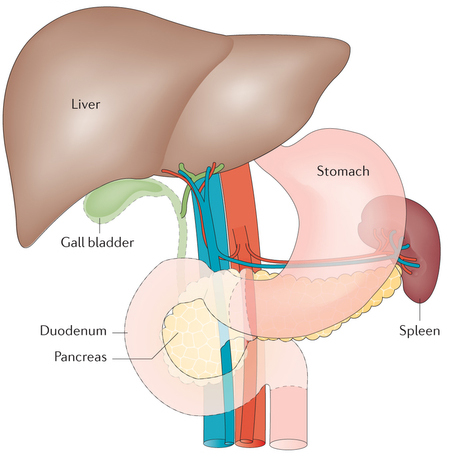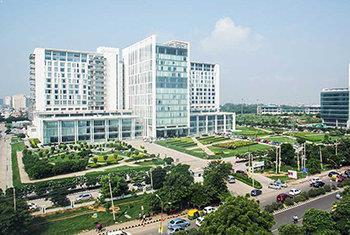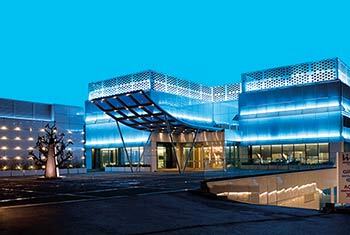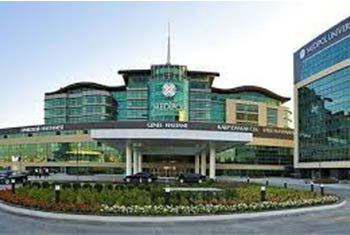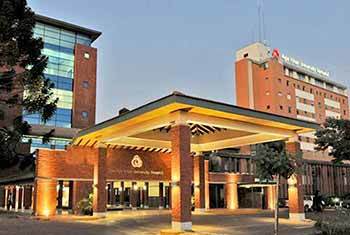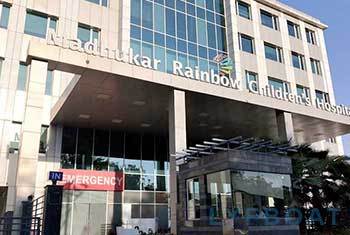Pancreatic Cancer Treatment Details
The pancreas is a gland that is located in the abdomen below stomach. It helps in the process of digestion by secreting pancreatic juice and also helps in regulating blood glucose levels. Pancreatic cancer refers to cancer affecting the pancreas, the cancer in pancreas could be benign (does not spread) or malignant (spreading) in nature. Depending upon the diagnosis your doctor will suggest the best option for you to treat the disease.
The pancreas has important functions in our body, it helps in digestion by secreting pancreatic juice and assist in regulating blood glucose levels as well. Pancreatic cancer hampers both these functions. Pancreatic cancer does not cause much signs and symptoms; when you do get symptoms, they are often vague or you may not notice them. This makes it hard to diagnose cancer at an early stage. However, once you have been diagnosed with the problem, your doctor will assess your current health situation and will learn more about your previous illness as well. After a thorough examination and evaluation, your doctor will choose between surgery, radiation or chemotherapy or a combination of one or more to help you recover fast.
